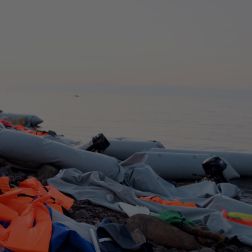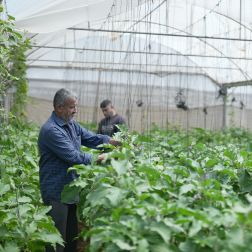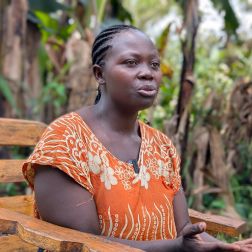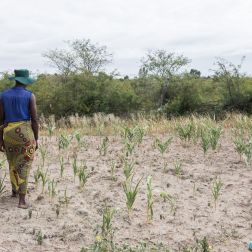- 5 mins read time
- Published: 8th July 2020
In Yemen, my child cries all night from hunger
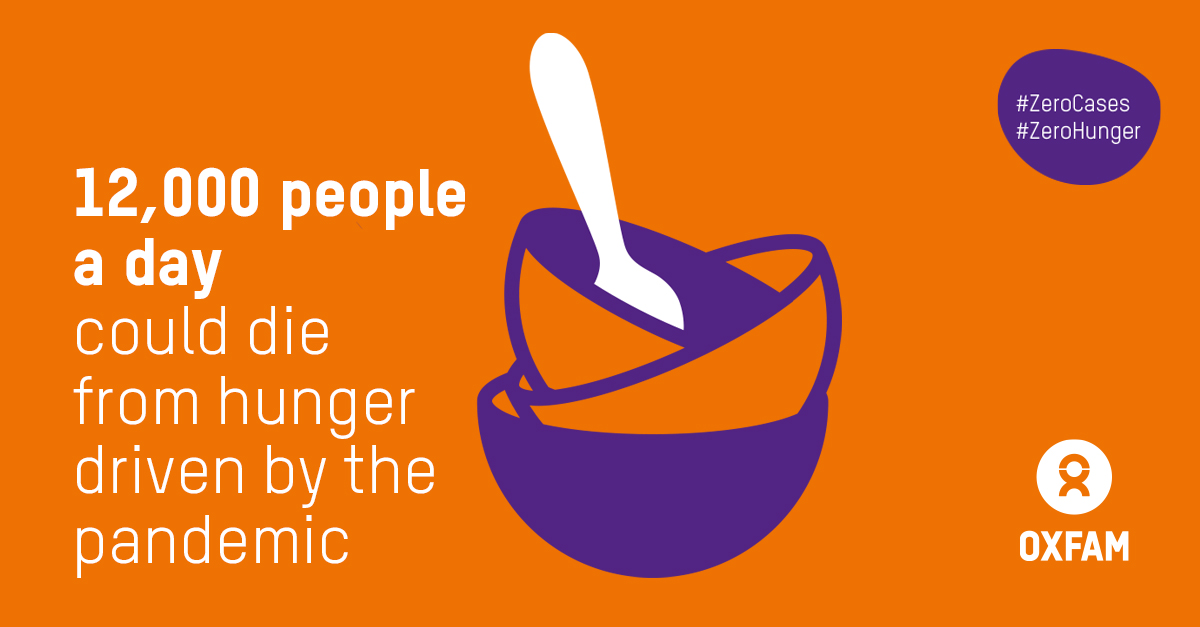
Written by: Ibrahim Alwazir | Edited by: Lauren Heartnett
Since the war in Yemen escalated in 2015, millions of its people have been displaced – losing their livelihoods and leaving most or all of their belongings behind. Forced from their homes, they have had to flee, resettle and survive.
The small informal settlements, where many now live, lack basic services like clean water, safe sanitation, electricity, schools and more. Oxfam and other organisations, from the UN to small local NGOs, are doing all we can to help these families, but a massive gap in funding and ongoing challenges accessing vulnerable communities continues to put this response at risk.
Cases of COVID-19 were first confirmed in Yemen in early April. It has been spreading throughout the country since, but without sufficient testing, healthcare facilities or other infrastructure, it’s difficult to accurately estimate how many people have been affected.
Hunger has always been an urgent threat, with many areas of Yemen on the brink of famine for years. Cases of malnutrition, particularly among children, are all too commonplace. The price of food has increased and the basics are often difficult to find, putting food out of reach for most Yemenis. In some cases, families have been forced to have their daughters married at a young age so they have one less mouth to feed, or in the hope that they will have a better chance in another’s care.
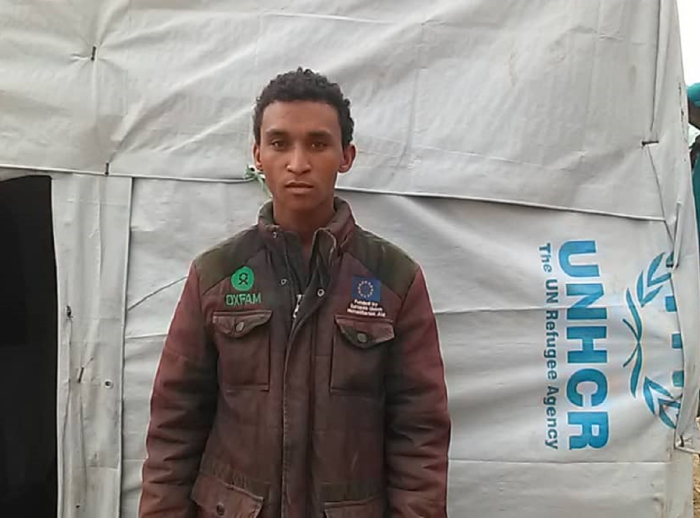
Oxfam’s Public Health Community Programme
Oxfam’s Public Health Community Volunteer Hakeem Asser is working in one of these small informal settlements in Al-Qaflah district in Amran governorate, where 45 families now live. He also was forced to leave his home and is now living in this community with his family, including his seven children. He is helping to raise awareness in his community about the threat of COVID-19 and educate people on how to protect their families.
“I am a [paid] volunteer with Oxfam and this helps me provide for my family, help my community and learn,” said Hakeem. “You can’t imagine how desperate people are. I can see them during the night, worried, sad, and totally unready to face another day. I try to calm them down and tell them it will be alright. Even with the payments from Oxfam, I am struggling, too. The other day I couldn’t afford to buy milk for my child. He was malnourished two years ago and I took him to a hospital to receive medical care on credit. I couldn’t pay back until now and I can’t follow up on his condition because of that.”
Hakeem shared that families have lost almost all means of accessing food. Before COVID-19 hit, this was already a major challenge. Oxfam had previously been the sole organisation to provide food vouchers, cash, water and awareness campaigns in the area, but most of this work had to be cut due to a lack of funds and challenges accessing the area regularly due to the conflict and restrictions from authorities.
“Oxfam was providing us with food baskets first and then cash for food, and we were happy and able to provide food and other necessities for our families. But since Oxfam was forced to scale back its support, we have lost a helping hand and people are devastated.”
Now, with COVID-19 looming, even the ways families had adapted to find food to survive are no longer open to them.
“People used to go to markets to get food or find daily-wage work opportunities, beg in the streets or receive leftovers from nearby restaurants, but now they have lost that too.”
Families in this, and other areas, are very afraid to leave their communities to find food or seek medical care, for COVID-19 or any other ailments.
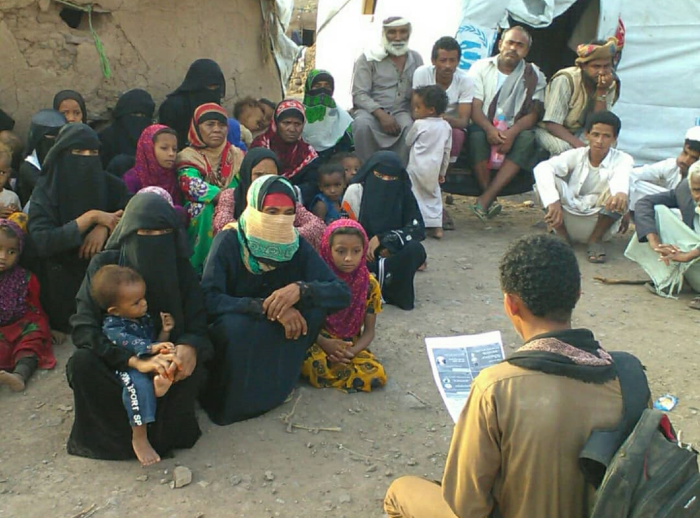
I can’t eat while others starve
“People here are aware of the virus and how it has been killing many people around the world. They are terrified. They all think they could be infected, and they can’t afford to get sick or die. This means that they now only rely on the generosity of others who provide perhaps some bread.
“Our children are the most affected – they are starving! My child keeps crying all night. He needs milk and I can’t afford it. That breaks my heart. But when I have food, I share it with my neighbours, especially these days. We have bread and when we bake, I make sure I share it all. I can’t eat while others starve. This is what we do – we share what we have!
“All I can say is that we are doing our best and we are confident in God’s mercy. This doesn’t mean we don’t need help. We need it so bad and we need it now. The most urgent thing right now is food. We need water, hygiene kits, cash and awareness campaigns. People are losing hope and with COVID-19 spreading, I can only imagine it will get worse. No one wants that to happen. It’s not fair.”
Oxfam is rehabilitating the water supply to one of the main hospitals in the city of Aden, providing cash assistance to families affected by flooding in the south of the country, and training community health volunteers to provide information about coronavirus and the importance of hygiene and handwashing.
